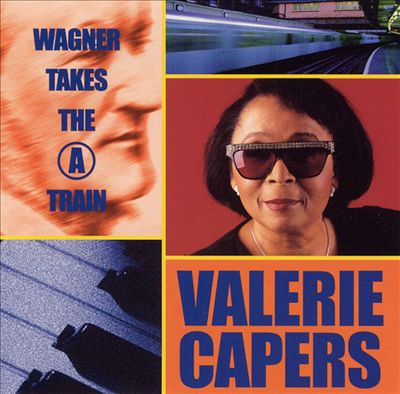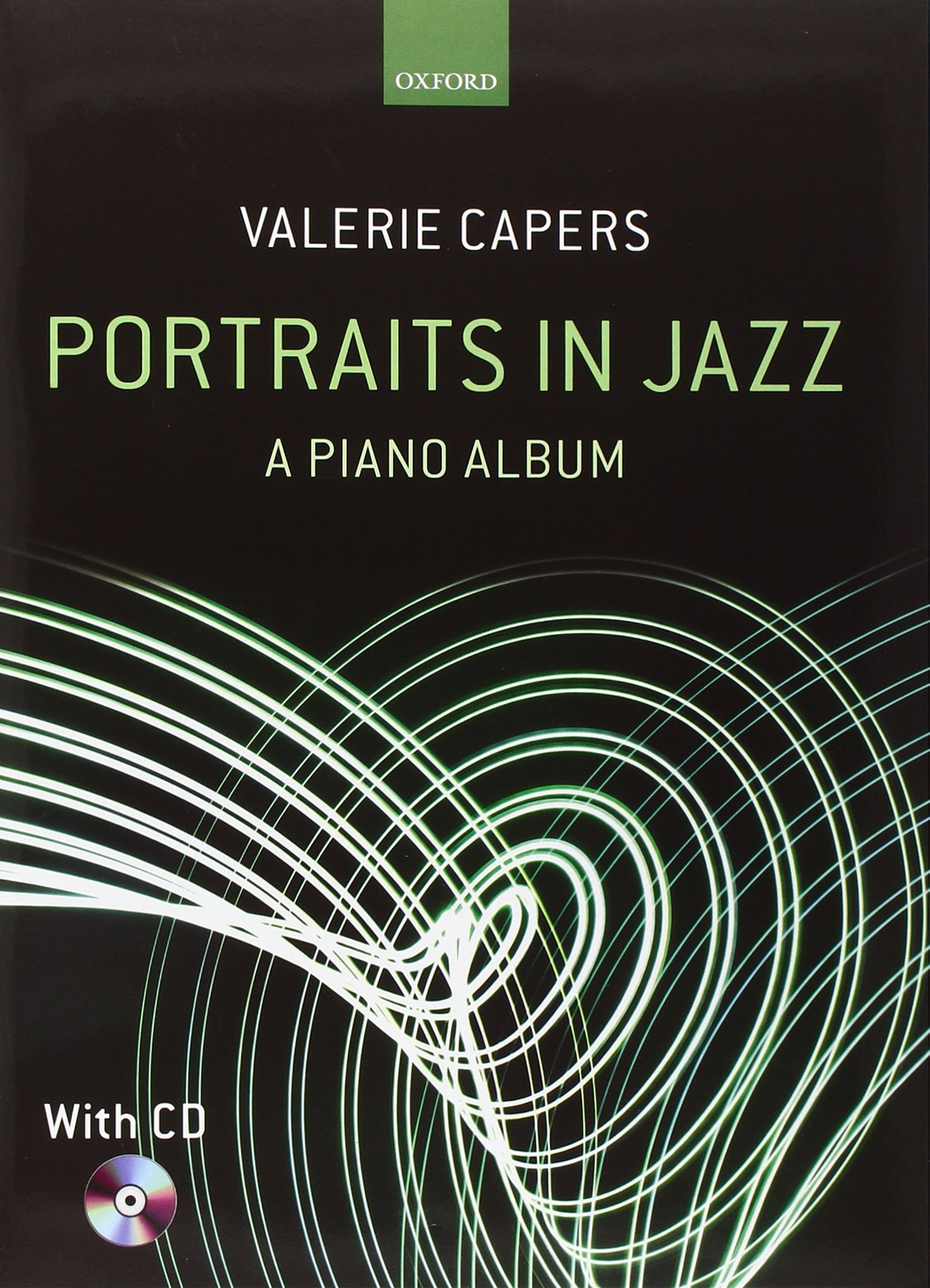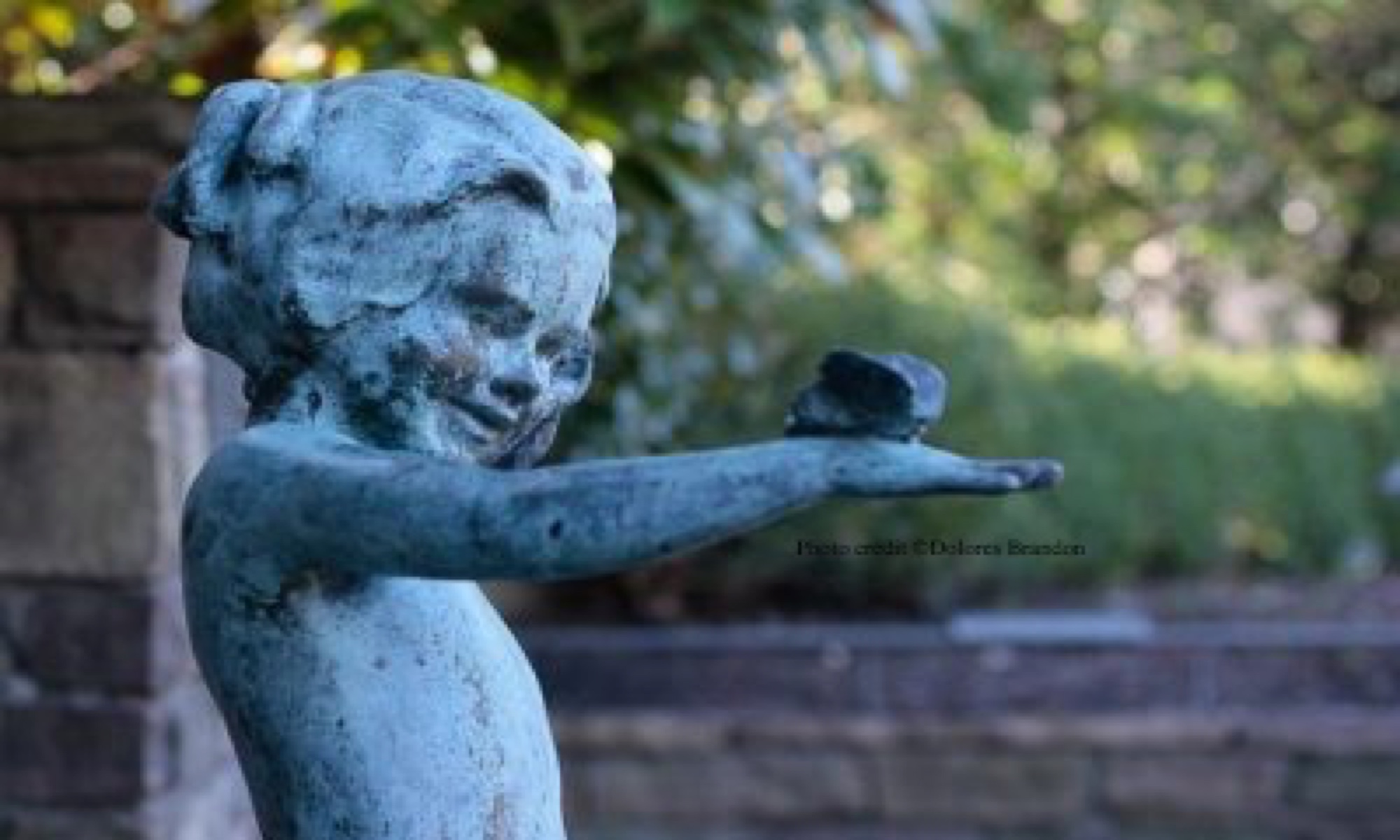Valerie Capers | Composer, Musician (1991)

My first introduction to Valerie Capers came when (in 1988) I interviewed Wayne Sanders (Founder, Music Director) of OPERA EBONY the New York based opera company. Like so many people first discovering Capers work, I was totally enchanted and took the first opportunity I could to meet and talk with her.
My interview with Sanders is contained on a separate TRACES page.
The following short features were produced for CROSSROADS 1989/1991 respectively.
In 2015, the indomitable Valerie Capers continues to compose, produce, perform and record (with her Trio). And Opera Ebony remains a thriving, uniquely American cultural institution recognized internationally for their excellence.
IN HER OWN WORDS
Speaking with Dr. Capers on site at Bronx Community College, she talks about the discipline and training required to achieve mastery in highly eclectic music styles from Bach to Ellington and far far beyond.

BRANDON: Describe for me the impact of your family on your development as a musician
CAPERS: Oh, that’s easy. I tell you one of the most important things in my entire life is having had a wonderful, wonderful family: a completely devoted mother and father and a younger brother – Bobby Capers, who passed away several years ago. We were a very closely knit family. Music was always part of the family. Daddy played stride swing piano, Fats Waller style.
[When I was a child] Daddy and I were quite a team: he’d play [the piano] and I’d sing the latest songs. There was music always in the house – on the radio,on recordings. We listened to everything – it was Duke Ellington, Count Basie, Art Tatum, Herman Chittison, Coleman Hawkins, Bing Crosby, The Andrews Sisters, the Ink Spots – mostly popular and jazz music.
This was before I lost my sight – when I was six.
BRANDON: How did losing your sight change things for you?
CAPERS: I was lucky because as I began to recuperate – after four months in the hospital with this severe illness – social workers began to prepare my parents for things that they should expect: advising them on what would have to be done for me to adjust to being blind. The [social workers] suggested that I go to the New York Institute for the Education of the Blind. Going into the Institute so young – I was at the second grade level – learning Braille, learning to write it, just became a natural thing [for me], the norm.
BRANDON: I didn’t even know there was such a thing as Braille music.
CAPERS: Oh, yes! Many people are under the impression that Braille music is maybe up-raised print music so the fingers can feel the lines and the spaces. NO! The whole Braille system is an entirely different thing. It’s very cumbersome and rather clumsy, based entirely on basic universal Braille – letters of the alphabet, contractions and things.
Remember, Braille must be read with the fingers. And, one of the basic processes of learning say a Beethoven sonata, or Bach, or Mozart, Chopin and so forth, one of the basic tools in playing the piano literature is memory, one must memorize. I must have the music in my head before I can work on it. Obviously I can’t read Braille with the fingers and play piano at the same time. I can’t do anything until I get it up here in my head. I was at Juilliard for six years, and all my summers were spent committing to memory the next year’s repertoire.
BRANDON: Were you pretty much focused on the classical repertoire then?
CAPERS: Not pretty much, absolutely, thoroughly and completely devoted to the music of the European classical composers and loved it. It was only after I got out of Juilliard that – through the influence and pressure of my brother’s constant urging and badgering – I decided to turn my attention and time to expanding what I did musically, to include music of an African American origin, jazz.
BRANDON: Let’s talk about your own compositions. I’ve listened now to all the recordings you provided and had the great pleasure to see and hear your oratorio Sojourner Truth, done as an opera by Opera Ebony in New York. It’s clear you’re comfortable in a very broad range of styles.
CAPERS: Yes, I feel that I am what you would say an “eclectic composer” Puccini, for example, is an eclectic composer. Music has such wonderful sounds, and I feel so privileged to have had in my lifetime an immediate, personal relationship with the styles of the Romantic period – Chopin, Brahms, Bach, Mozart, Beethoven, Debussy, Ravel. And then as I’ve been coming into my own with jazz, the Dixieland, the Swing, the Ragtime, the bebop, the progressive, the fusion, whatever, gospel, rhythm and blues, soul. All of these wonderful styles and rhythms are just a joy, and they represent certain energies, and certain emotions to me.
I think that’s one reason why I enjoy writing dramatic pieces, things with lyrics. I love opera. I’m just an opera nut. I’ve learned a lot from my love of opera, and I’ve learned a lot about composers, a lot about their soul, and their inner emotional balance, and the sort of magic, aesthetic, creative quality that underlies situations, characters, how emotions are externalized through music. And then when you have the theater, that is to say, when you have words, and music to work with, all the colors and rhythms that can be incorporated in, I mean it’s fantastic: I mean you rule the world, literally.
So, in Sojourner, for example, you might have noticed, I used textures, sounds and styles that I felt would enhance the character, the scheme, the situation. And in my work Singing About Love I had ways of coloring the character in situations [employing] what I think is appropriate music, I clothe the characters in certain musical sounds, styles and textures. And it works.
BRANDON: You write your own lyrics?
CAPERS: Yes I do – Sojourner Truth, the cantata – Song of the Seasons – all my own lyrics.
BRANDON: If you had to say where you feel the most whole in your creativity would it be when you merge the voice with the music?
CAPERS: Yes, I would say, the whole merging together of music, melody, harmony and rhythm, when they finally come together, then that is ecstasy.
